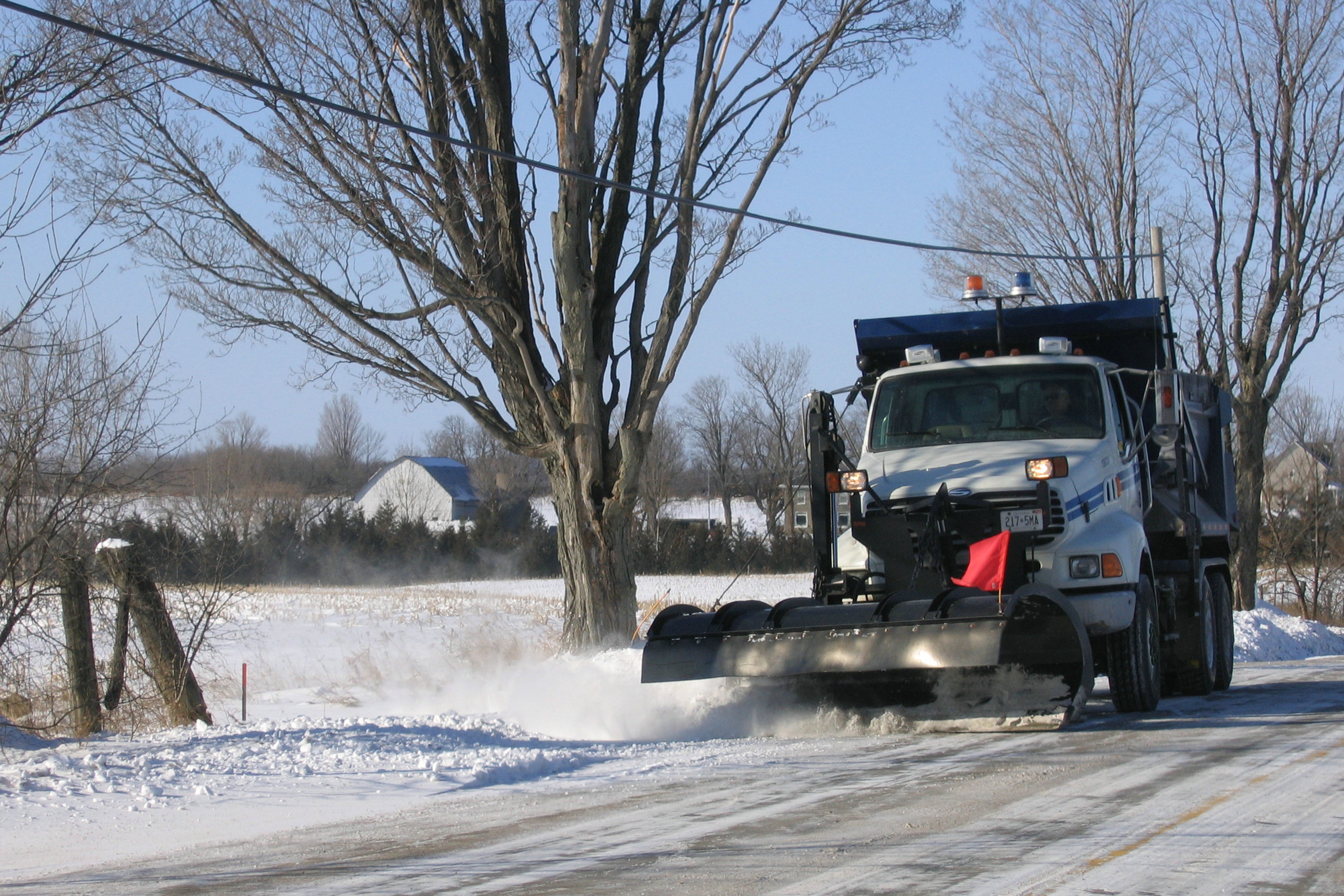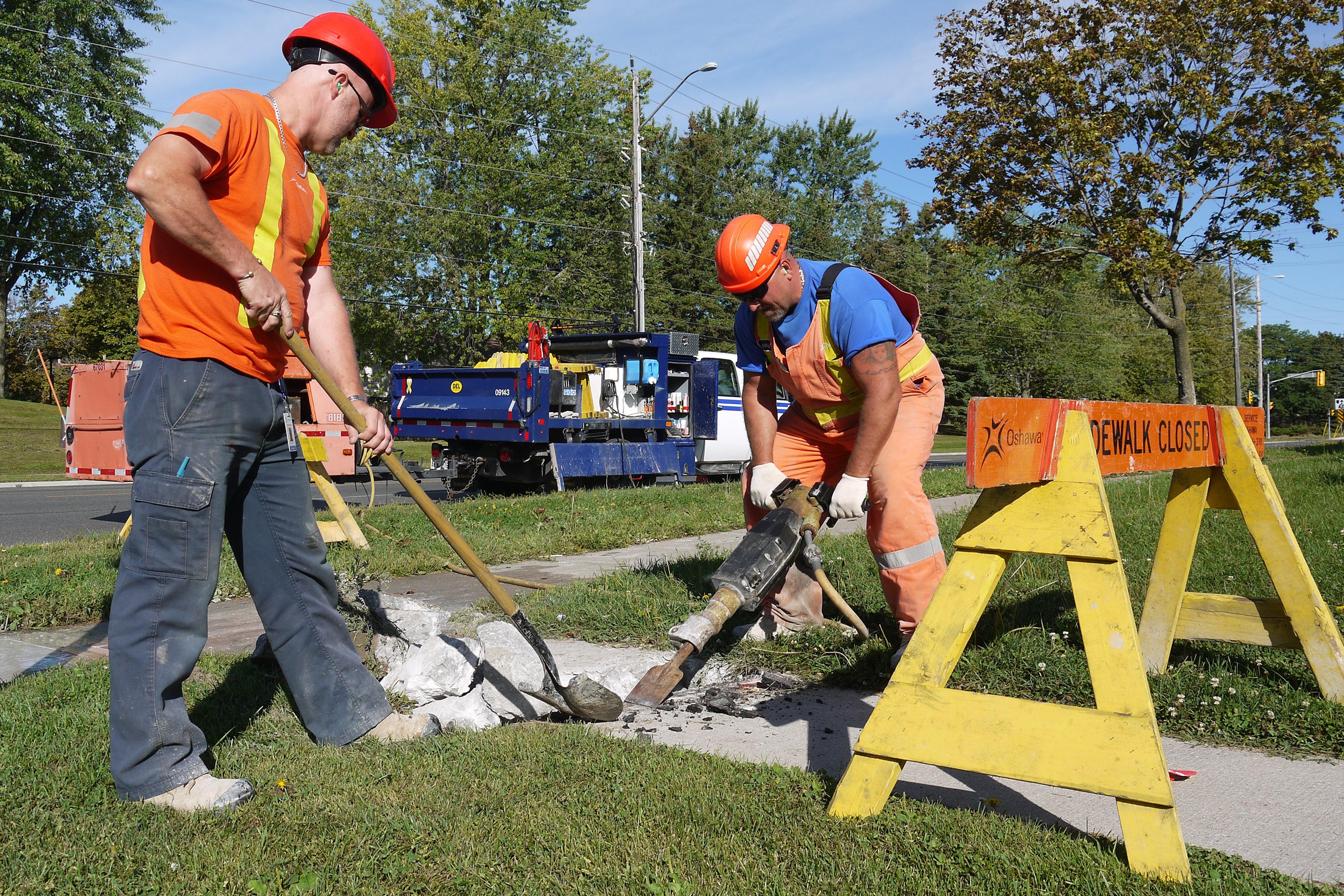
How the City budget works
The City’s budget is made up of operating and capital budgets and it:
- balances competing priorities and challenges;
- provides affordable services and programs that meet our community needs;
- invests in our city by maintaining and building infrastructure, including roads, sidewalks, trails and parks; and,
- saves for the future by increasing our reserve balances to ensure the financial health and sustainability of the City.
The City’s budget is developed through an affordability lens, for the City’s expenses as much as its taxpayers. Just like its residents, the City is facing a number of pressures and is experiencing the increasing costs of hydro rates, fuel and necessary products to provide key services (e.g. salt for winter maintenance) and more.
At the same time, the City is also facing the need to increase reserves, maintain or replace its infrastructure (i.e. roads, bridges, buildings, etc.) and to save for unexpected events (e.g. storms, floods or other emergencies).
The City Budget
The City Budget is founded on the goals of the Oshawa Strategic Plan, Financial Strategy and Council’s guiding principles of sustainability and financial stewardship.
Unlike the provincial and federal governments, the City is required to balance its budget.
What is a balanced budget? Municipalities are legislated to prepare a balanced operating budget, which means that revenue (i.e. money coming in) must be equal or greater than expenses (i.e. money going out).
The Budget provides a foundation to meet the public service needs of our residents and to make decisions on City infrastructure. It is comprised of an operating and capital budget.


In keeping with financial best practices, the City also holds reserves. Funds from the reserves are used, when required, for specific purposes. An example is building a new fire hall, playgrounds, parks, recreation facilities, roads and bridges.
The City also plans ahead by allocating funds collected from the annual levy towards infrastructure renewal and replacement.
2025 Budget
The 2025 Budget was adopted in December 2024 and is available for public review on the Budget Documents webpage.
The property tax bill issued by the City of Oshawa collects property taxes for not only itself, but also the Regional Municipality of Durham and the Province for local school boards. The Oshawa portion of the total tax bill requires an increase of approximately $168.86 for the year on an average assessed property value as determined by M.P.A.C., or about $14.07 per month.
This increase will fund strategic investments in current and new infrastructure like roads, parks, watercourses and bridges, downtown revitalization and more while addressing growth and increasing demands on City services.
In case you were wondering...
|
Tax rates are not a reliable factor to compare taxes amongst municipalities. |
|
Property taxes are based on assessed property value, which is determined by the Municipal Property Assessment Corporation (M.P.A.C.). As of January 1, 2016 (the most recent assessment) Oshawa’s average assessed property value is $356,000, which is significantly lower than some of our neighbouring municipalities (e.g. Ajax at $496,000, Pickering at $601,312 and Whitby at $503,000). Therefore, Oshawa has to use a higher tax rate to generate similar property tax revenue when compared to neighbours with higher assessment bases. Property taxes paid provides a better comparison. When comparing property taxes paid, the City of Oshawa recently ranked 14 out of 30 G.T.A. municipalities and was the second lowest in the Region of Durham. |
|
Delayed property value assessments are impacting the City’s bottom line. |
|
Municipalities collect taxes based on rules outlined by the Province of Ontario. Right now, Ontario's municipalities calculate property taxes based on the most recent property assessment as determined by M.P.A.C., using the valuation date of January 1, 2016. Reassessments are normally completed every four years, but in early 2020 the Province of Ontario paused the reassessment process due to the COVID-19 pandemic. In 2023, the Province announced they would be conducting a review of the property assessment and taxation system that would focus on fairness, affordability and business competitiveness and modernized administration tools, and that property reassessments would remain delayed until the review was complete. With the review still ongoing, the value of any new properties added to the City’s assessment base, either from new buildings or changes to existing ones, must be adjusted to what they would have been worth on January 1, 2016. As a result, Oshawa is unable to realize the full value of new construction. For example, in Oshawa, for every dollar of assessment increase in 2022, only $0.43 is added to the assessment base. The return of the reassessment cycle:
|
| Downloaded responsibilities added $3 million to the City’s 2025 Budget. |
|
As a lower-tier municipality, the City of Oshawa works collaboratively with its upper-tier municipality, the Region of Durham, and the Province of Ontario to share the responsibility of providing programs and services to residents and property owners. The City of Oshawa is responsible for providing local services, such as building permits and inspections, fire protection and prevention, licensing, parks and recreation, City road and sidewalk maintenance and more. While services and programs addressing housing, homelessness, mental health, addiction and social services are the responsibilities of upper levels of government, local governments like Oshawa are facing these challenges daily. As a result, this City budget includes approximately $3 million to address the impact of these social issues, including a unique fire response unit to address to medical calls, additional security, municipal law enforcement, maintenance costs for the downtown and, proactive parks patrol and cleaning of trails and parks across the city, and more. |
What do your tax dollars buy?
Residents and property owners can better understand their property taxes by generating a property tax estimate.
Interested? Visit the 2024 Property Tax Calculator and enter your address or roll number to receive an estimate of how much City programs, services and external agency support costs you.
The tool illustrates that the City collects property taxes for not only itself, but also the Region of Durham and the Province for local school boards. For every dollar collected in 2024, approximately 45 cents are sent to the Region and 15 cents to local school boards – the City will keep only 40 cents. It is important to note that the dollar breakdown for City services is specific to the portion of your property tax bill that the City collects for itself, not the total amount.
Budget Documents
Download a copy of the City’s budget and review past budgets in Budget Documents.
